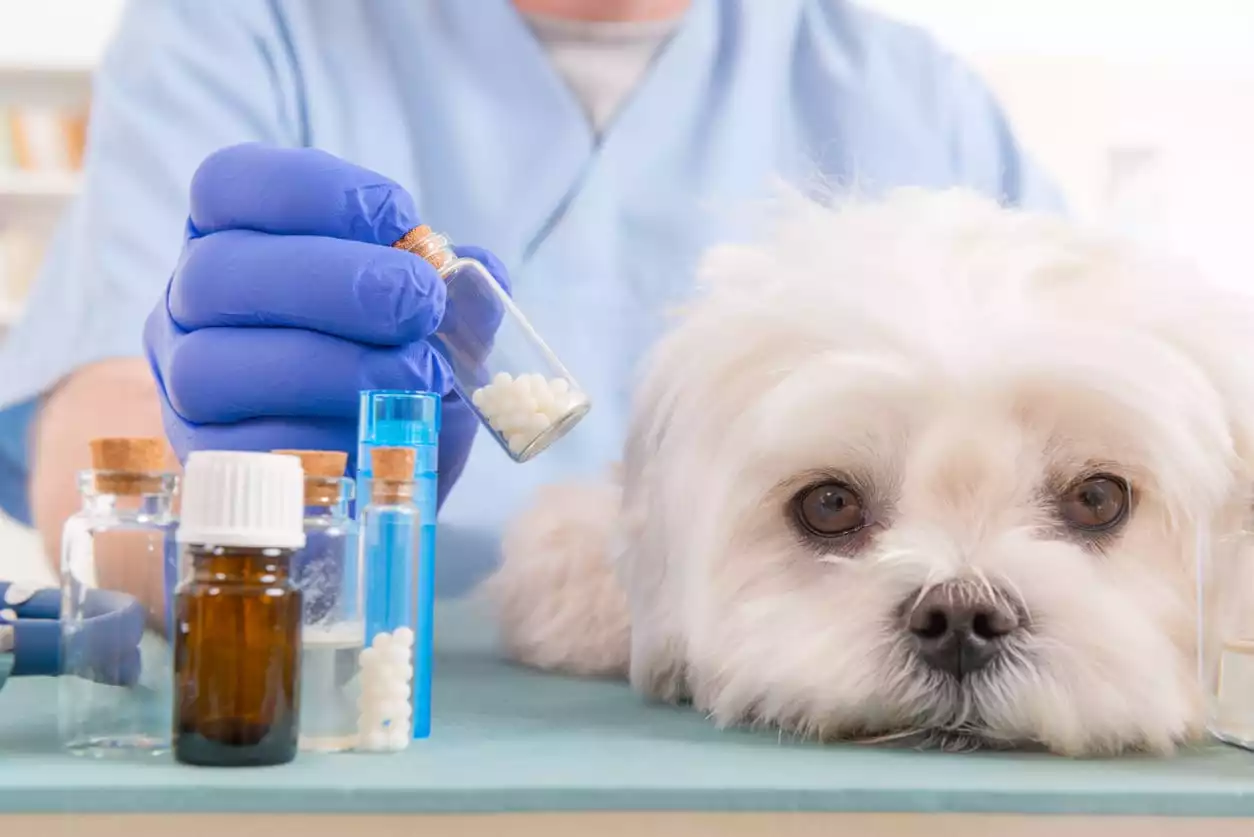Pets Wellness and Preventive Care: Nurturing Health and Happiness
kipas
- 0

As pet owners, we are deeply committed to the well-being of our furry companions. Our pets are not just animals; they are beloved members of our families. Ensuring their health and happiness is paramount, and that’s where pets wellness and preventive care come into play. In this comprehensive guide, we will explore the significance of pets’ wellness, the importance of preventive care, and the various aspects of maintaining our pets’ overall health. Let’s embark on a journey of nurturing and cherishing our furry friends.
Understanding Pets Wellness
Pets wellness is more than just the absence of illness; it encompasses their physical, mental, and emotional well-being. A truly well pet is one that not only enjoys good health but also exudes happiness and vitality. Nurturing pets’ wellness involves a holistic approach that considers their nutritional needs, exercise requirements, social interactions, and mental stimulation.
Uncommon Terminology: Homeostasis
Homeostasis refers to the body’s ability to maintain internal stability and balance despite external changes.
The Pillars of Pets Wellness
Ensuring our pets’ wellness involves paying attention to various essential aspects of their lives. Let’s explore the pillars of pets wellness:
1. Proper Nutrition
A balanced and nutritious diet is the foundation of pets’ wellness. Providing the right nutrients in the appropriate amounts supports their growth, development, and overall health. Pet owners should choose high-quality pet food that suits their pet’s age, breed, and specific health needs.
2. Regular Exercise
Regular exercise is crucial for pets’ physical and mental health. Engaging in playtime and daily walks helps maintain a healthy weight, strengthens muscles, and enhances their overall well-being.
3. Mental Stimulation
Pets need mental stimulation to prevent boredom and foster a sense of happiness. Interactive toys, puzzle games, and training sessions are excellent ways to keep their minds engaged.
4. Social Interactions
Just like humans, pets are social creatures that thrive on companionship. Regular interactions with their owners and other pets are essential for their emotional health.
Importance of Preventive Care
Preventive care plays a vital role in maintaining pets’ wellness and detecting health issues before they escalate. Regular veterinary check-ups are fundamental to preventive care. During these visits, veterinarians conduct thorough examinations, assess the pets’ overall health, and provide necessary vaccinations.
Uncommon Terminology: Zoonotic Diseases
Zoonotic diseases are illnesses that can be transmitted from animals to humans and vice versa.
Routine Vaccinations
Vaccinations are a crucial aspect of preventive care. They protect pets from various infectious diseases, some of which can be life-threatening. Core vaccinations, such as rabies, distemper, and parvovirus, are considered essential for all pets, while non-core vaccinations may be recommended based on the pet’s lifestyle and risk factors.
Parasite Prevention
Preventing parasites like fleas, ticks, and heartworms is another essential aspect of preventive care. These parasites can cause a range of health issues, and regular preventive measures, such as using flea and tick treatments, are necessary to keep our pets safe.
Dental Care
Dental health is often overlooked but plays a significant role in pets’ overall well-being. Regular dental check-ups and cleanings can prevent dental diseases, improve breath odor, and enhance pets’ quality of life.
Uncommon Terminology: Prophylaxis
Prophylaxis refers to preventive measures taken to protect against the spread of diseases or health issues.
The Benefits of Regular Check-ups
Regular veterinary check-ups offer several benefits:
1. Early Detection of Health Issues
Regular examinations can help identify health issues at an early stage, allowing for prompt intervention and treatment.
2. Customized Healthcare Plans
Veterinarians can create personalized healthcare plans for pets based on their age, breed, lifestyle, and individual health needs.
3. Peace of Mind
Knowing that our pets are healthy and receiving the best care provides pet owners with peace of mind and reassurance.
Taking Care of Senior Pets
As pets age, their healthcare needs change. Senior pets may require more frequent check-ups and specialized care to manage age-related health issues. Providing a comfortable and enriching environment for senior pets is essential to ensure they age gracefully and enjoy a high quality of life.
Uncommon Terminology: Geriatric
Geriatric refers to the stage of life when pets are considered senior, usually around the age of 7 years or older, depending on their size and breed.
Conclusion
Pets wellness and preventive care are the cornerstones of responsible pet ownership. By focusing on their nutritional needs, exercise requirements, mental stimulation, and social interactions, we can ensure that our pets lead healthy and fulfilling lives. Regular veterinary check-ups, vaccinations, and parasite prevention play crucial roles in maintaining their well-being and protecting them from potential health risks. Nurturing our pets’ wellness is an act of love and compassion, strengthening the bond between us and our furry companions. Let us embrace the journey of caring for our pets’ wellness
